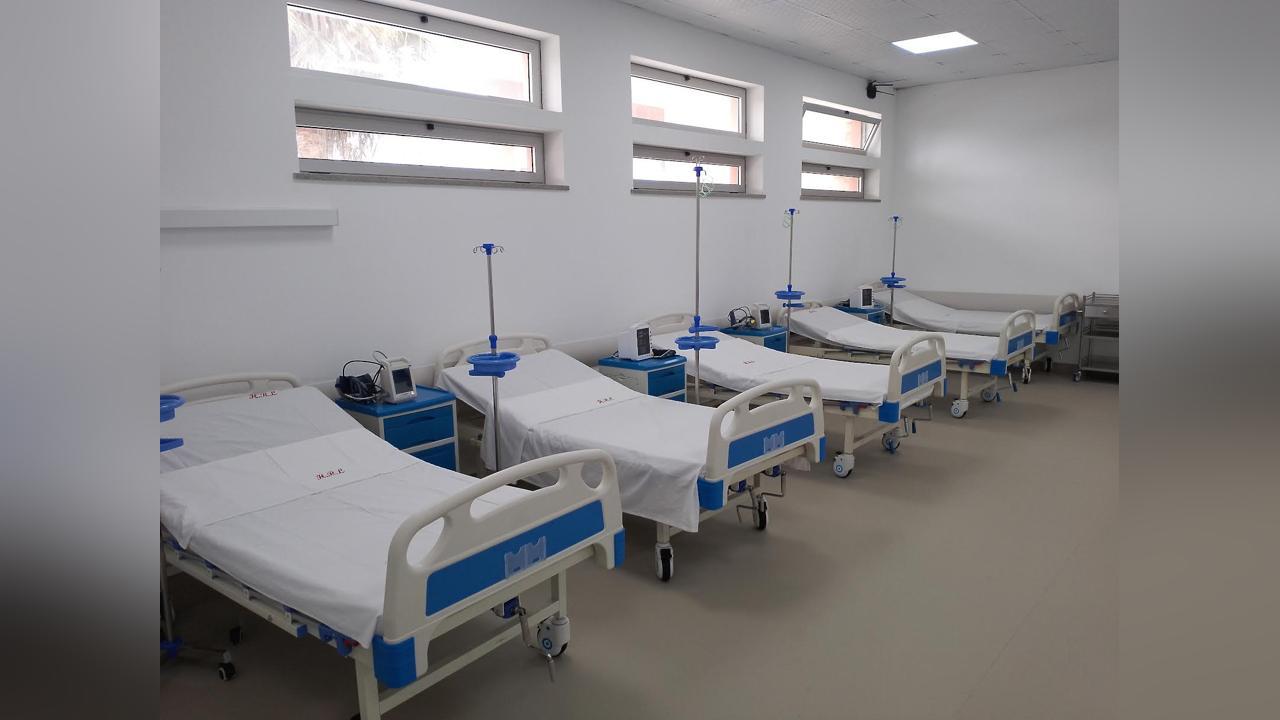Africa-Press – Angola. UNITA (opposition) criticized the Angolan government’s “inability” to face the cholera epidemic that is spreading across the country, highlighting that this is the worst outbreak in the last 30 years in Angola.
According to the Health Minister of the “shadow government” of the National Union for the Total Independence of Angola (UNITA, the largest opposition party), Anastácio Rúben Sicato, given the high number of cases registered in the country — 14,374 cases reported since January 7 — and the spread of the disease, it is no longer a simple cholera outbreak.
“Based on the analysis of the situation, we are now facing a true cholera epidemic spreading nationwide. And this reflects the enormous difficulty the executive had in containing the spread of this disease when it first appeared,” the politician said today.
For UNITA, cholera found the country with a “fragile health system, marked by very weak primary care, alongside poor sanitation”.
UNITA’s “shadow government” “is deeply concerned” about the persistent increase in the number of cholera cases and the geographic expansion of this epidemic, he stressed.
Angola has accumulated 14,374 cases of cholera since the outbreak began on January 7 and a total of 513 deaths, according to the epidemiological bulletin of the Angolan Ministry of Health released on Monday.
At a press conference on the cholera situation in the country, which recorded 284 new cases in the last 24 hours, and with the province of Benguela transformed into the new epicentre of the disease, UNITA presented “three major concerns” and suggested “immediate action measures”.
Anastácio Rúben Sicato highlighted the spread and persistence of cholera, which has already reached 17 of Angola’s 21 provinces, as his party’s first major concern, having highlighted deaths as the second major concern, given the fatality rate of 3.6%.
According to the politician, the current cholera fatality rate in Angola “is well above the world average of 1.9% and the African average of 2.9%, he stressed, referring to data from the World Health Organization (WHO) on the epidemic.
The Angolan doctor considered, on the other hand, that the current cholera epidemic in Angola is the worst of all those that have occurred in the last 30 years (third major concern), recalling that, in the last cholera epidemic outbreak (2016-2017), the country registered a total of 252 cases and 11 deaths.
“In our analysis, this situation reflects the destructuring of the Angolan social fabric, at the community level, which has occurred in recent years, characterized by a sharp decline in the quality of life of families, aggravated by an ineffective health system, which is well known to all,” he said.
The need for citizens to be informed about the reasons justifying the continuation of cholera, characterized by clear signs of worsening, information about the measures being taken to reverse the situation, the urgent improvement of the provision of drinking water, basic sanitation and the reinforcement of the general mobilization of society are the “immediate action” measures proposed by UNITA.
UNITA asked the Popular Movement for the Liberation of Angola (MPLA, in power since 1975) to accept without further delay the adoption of structural measures, such as the institutionalization of local authorities and the prioritization of primary health care.
Sicato believes that local authorities bring administration closer to the population, managing to resolve problems with the provision of drinking water and sanitation.
He also defended the prioritization of primary health over tertiary health, criticizing the high investments in the tertiary health system.
For More News And Analysis About Angola Follow Africa-Press






